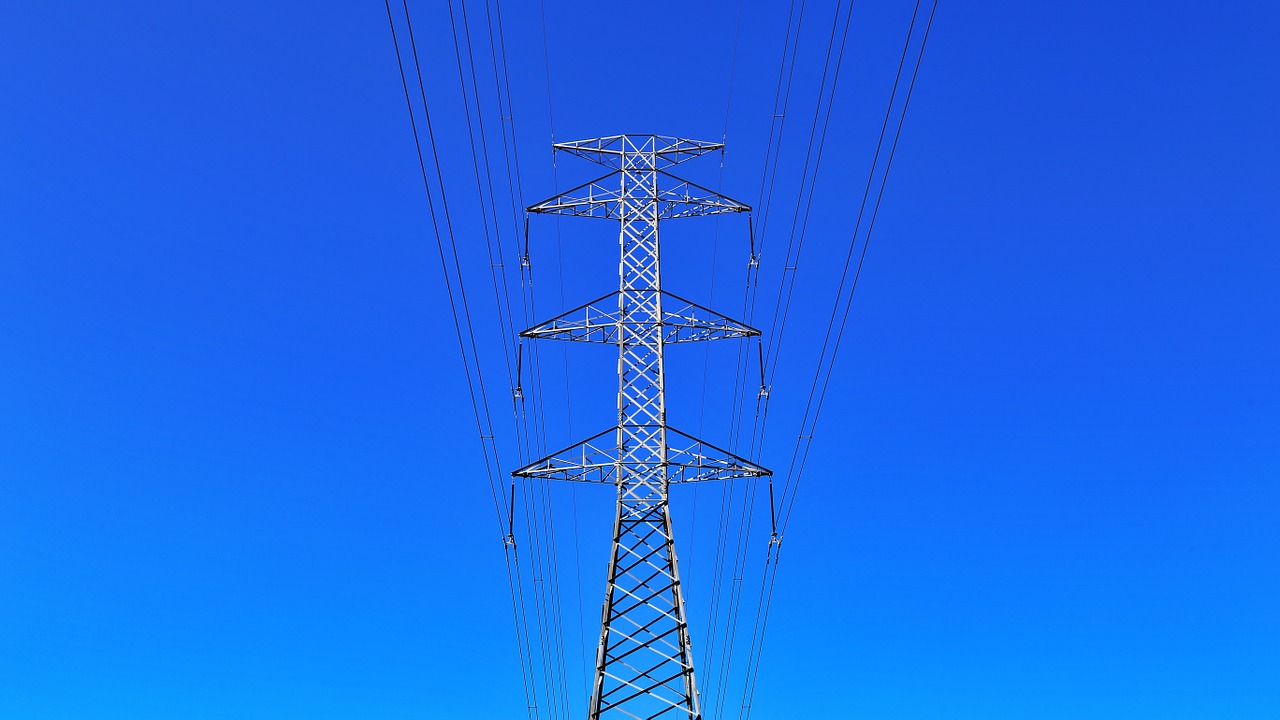Rural and urban Nelson Hydro customers will see their monthly power bills go up in the new year. For rural residents, a 6.2 per cent hike has been approved, and 5.2 per cent for urban customers.
Nelson Hydro received interim approval for the rural hike last week from the BC Utilities Commission and formal approval for the urban rates from Nelson city council.
The BCUC also approved the 2023 rural rate increase of 9.87 per cent last week, despite Nelson Hydro submitting the request in October of last year. The commission approved the 2023 rate on an interim basis, effective January 1, 2023; meaning that ratepayers will be unaffected by the latest approval to make the rates permanent
Nelson Hydro’s general manager Scott Spencer says it shouldn’t be as long of a process for the 2024 rates, as the BCUC is working on speeding up the approval process in the new year.
“The Utilities Commission process is really long, but I understand they’re working on some efficiency,” he said.
“So for 2024 rates, they’ve now set a timetable that fixes the input proceeding to end at least by the end of March. So we should have a decision on our 2024 rates before June 2024, which is good news. They didn’t have those processes in place last year or this year, so the proceeding just took a long time.”
The rural rates are interim until the BCUC approves them permanently, but Spencer explains that the commission asks that rate increases always come into effect on Jan. 1, regardless.
One component of the BCUC approval process includes public input. This year, residents have until the end of February to contact the BCUC to express their opinions on the rate hikes.
Spencer says that once the commission receives all the public input, they make an informed decision into the rate proceeding and hopefully approve the 2024 increase by the end of June.
“The commission has approved the 6.2 per cent for the rural customers on an interim basis while their proceeding is ongoing,” he said
“Now they’ve asked for public input, for people to express their opinions on the topic. From there, they will take all that input to help inform their decision on our 2024 rates. Then they’ll also ask us questions about the rate increase and why we feel it is justified.”
In October, Nelson Hydro’s rural rate allocation model predicted a 2023 increase of up to nine per cent again, but Spencer and city council were not comfortable with the number. Spencer explains they were able to cut it down to 6.2 per cent after public engagement showed support for reducing the vegetation management budget in 2024.
“I held a feedback session in Balfour that had over 50 people in attendance,” he said.
“One thing that was said was to do whatever we can to reduce the impact on ratepayers. When I discussed our vegetation management program and how our reliability has improved significantly over the last three years, the feedback they gave me was that we need to cut back on the program in 2024 in favor of reduced rates.”
Nelson Hydro has put over $4 million into its vegetation management fund over the last five years. The fund’s purpose is to help cover the costs associated with tree trimming and vegetation maintenance to ensure all electrical clearance requirements are met and to prevent trees and branches from connecting with power lines and causing outages.
Spencer explains that Nelson Hydro had been putting significantly more money into the fund over the last five years because of poor reliability. However, he says reliability has improved substantially, which is why he’s comfortable reducing what was budgeted for the fund in 2024.
“We had been putting a fairly significant amount of effort into that for the past five years to try and really make a difference because reliability had dropped. But each year that has improved, and we’re now better than the Canadian average in terms of reliability for a utility. So we’re dropping the vegetation management budget back to where we had traditionally been holding it at around $650,000 annually.”
Spencer says he feels comfortable with the increases customers will see in the new year, adding that the urban increase of 5.2 per cent will be permanent.
“That’s what we feel we need to be able to maintain our service levels within the city and feel quite comfortable with that rate increase and our ability to maintain service levels within the city.”





